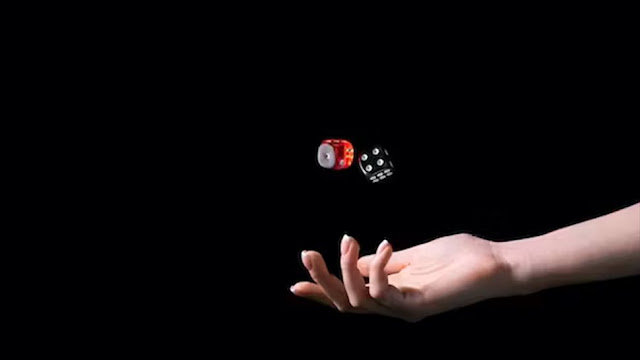It appears that life is ideally suited for our cosmos. However, anyone who asserts it as proof of a multiverse is committing a mistake of reasoning.
The idea that physics seems to be optimised for life is among
the most astonishing scientific findings of the last several years. This
implies that a very specific range of numbers in physics has to be met in order
for life to exist.
The amount of dark energy, which drives the universe's
accelerating expansion, is one example of fine-tuning that most physicists find
puzzling. Matter would not have been able to clump together if that force had
been somewhat stronger. There would have been no stars, planets, or any
structure complexity if two particles had never joined, and hence no life.
That force would not have counteracted gravity if it had
been much weaker. This implies that there would have been no stars, planets, or
life in the cosmos if it had collapsed back on itself in the first instant of
creation. Like Goldilocks' porridge, the power of dark energy has to be
"just right" in order to support the potential of life.
There are numerous such examples; this is but one.
The most widely accepted theory explaining how physics has
been fine-tuned is that we are inhabitants of one universe out of many. If a
sufficient number of individuals purchase lottery tickets, the likelihood
increases that someone will have the winning numbers. Similarly, it becomes
plausible that some universe will contain the proper numbers for life if there
are enough of them, each with a different set of physics.
This has long struck me as the most likely explanation for
fine-tuning. But the inference from fine-tuning to a multiverse has been
recognised by specialists in probability mathematics as an example of erroneous
reasoning, which I address in my new book, Why? The Universe's Intention. It
specifically accuses proponents of multiverse theory of what is known as the
inverse gambler's fallacy.
Imagine that one night, when Betty is the only player in her
neighbourhood bingo hall, she has a phenomenal run of luck and all of her
numbers come up in the first minute. "There must be a lot of people
playing bingo in other bingo halls tonight," Betty muses to herself. Her
logic is that it's not that unlikely that someone would get all of their
numbers called out in the first minute if there are many people performing
across the nation.
However, this is an example of the fallacy of the inverted
gambler. It is not more likely, according to probability theory, that Betty
herself would have such a run of luck, regardless of how many people are
playing in other bingo rooms across the nation or not.
It's like playing dice. If we get several sixes in a row, we wrongly assume that we are less likely to get sixes in the next few throws. And if we don't get any sixes for a while, we wrongly assume that there must have been loads of sixes in the past. But in reality, each throw has an exact and equal probability of one in six of getting a specific number.
Multiverse theorists commit the same fallacy. They think:
"Wow, how improbable that our universe has the right numbers for life;
there must be many other universes out there with the wrong numbers!" But
this is just like Betty thinking she can explain her run of luck in terms of
other people playing bingo. When this particular universe was created, as in a
die throw, it still had a specific, low chance of getting the right numbers.
At this point, multiverse theorists bring in the "anthropic
principle" — that because we exist, we could not have observed a universe
incompatible with life. But that doesn’t mean such other universes don’t exist.
Suppose there is a deranged sniper hiding in the back of the
bingo hall, waiting to shoot Betty the moment a number comes up that's not on
her bingo card. Now the situation is analogous to real world fine-tuning: Betty
could not have observed anything other than the right numbers to win, just as
we couldn't have observed a universe with the wrong numbers for life.
Even so, Betty would be wrong to infer that many people are
playing bingo. Likewise, multiverse theorists are wrong to infer from
fine-tuning to many universes.
Read More Here...

